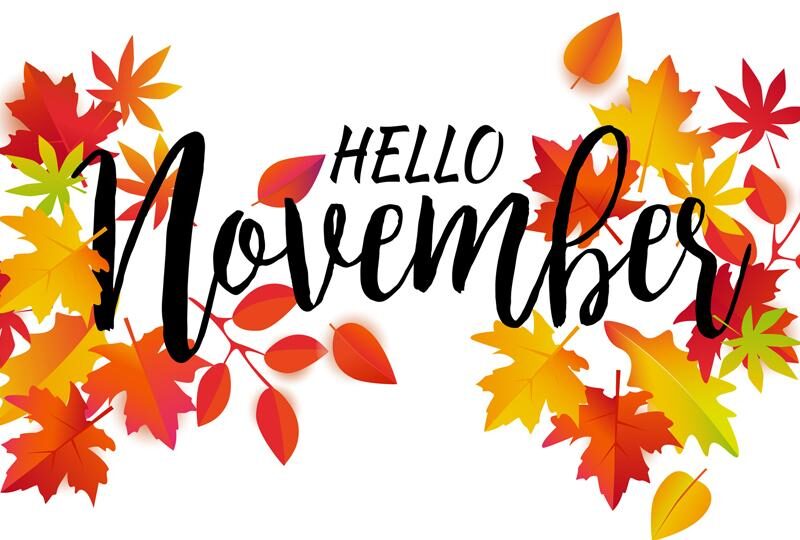Who Do You Want To Be When You Grow Up?
Adults are constantly asking kids what they want to be when they grow up. It’s the default conversation when an adult doesn’t know what else to say, just like talking about the weather with the person beside us at the bus stop or about the local professional sports team with the person we end up stuck with at a party. A kid’s future career feels like a fairly neutral subject to raise, and it helps adults to categorize the kid a little, in the same way that we categorize each other based on our chosen employment.
There’s nothing so very wrong about this, of course. It’s socially conventional to ask people questions about themselves that aren’t too personal (What music are you into?) as a way of getting to know them without asking things that overstep personal boundaries (So, how’s your love life?). Asking kids what they want to be is a safe and obvious way to do that with someone who has all of those decisions still to make.
It does, however, create a sense that the important part of our identity is tied to what we do, a sense that gets reinforced by many other elements in our society. We tend, for example, to identify people by their occupation, almost like a title – as in, my friend, the contractor; or my father, the professor; or my wife, the banker – and that’s even when we don’t actually include their profession as a title – as in, Doctor Brown or Reverend Smith. We also tend to hierarchize those occupations by the amount of money they make (selling houses is clearly better than flipping hamburgers, based solely on income), by how much influence they have (a politician or a judge is better than a plumber, even if the plumber makes better money), and by how much fame comes with them (an NBA basketball player or a movie star is clearly better than a programmer, no matter how their incomes compare).
Now, there are lots of problems with this way of understanding our identity as coming from our occupations, but the one that bothers me the most is that it overlooks the much deeper truth that real meaning comes not from what we do, but from how we do it. An occupation, whether a famous pop star or a dentist or an electrician, should matter far less than doing any of those things with integrity, compassion, respect, honesty, loyalty, honour, courage, grace, humility, gratitude, forgiveness, kindness, generosity, empathy, and so on.
But it’s hard to overcome the idea that what we are is more important than who we are. We’re constantly being told (and our kids perhaps even more so, by every adult who tries to make idle conversation), that our identity lies in what we do. And if you don’t believe me, imagine asking a kid (or an adult, for that matter) questions like, “What kind of personal qualities do you most admire?” or “What kind of moral person do you want to be?” rather than asking about what kind of job they might want to do when they grow up.
Those kinds of questions would seem utterly strange and overly personal, and that should perhaps be a clue to how socially programmed we are to understand our identity in terms of what we do rather than of who and how we are in the world. The first kind of conversation is so obvious and innocuous that we default to it like the weather and pop culture. The second kind of conversation is so odd and so startling that we could hardly raise it if we wanted to.
And yet, it’s the far more important conversation to have with our kids (and even with other adults). How much better off would our communities, and our cities, and our countries, and even our planet be if we spent less time worrying about having an impressive career, and more time worrying about the character that we showed as we pursued that career, if we worried less about what we did and more about how we did it. How much better off would we be if our society understood success, not in terms of income and power and fame, but in terms of personal character, care for others, and commitment to doing the right thing.
None of that is likely to happen in any broad way, of course, but it can certainly happen in your own family, as soon as the next time your kids start talking about their future. Instead of jumping right to the question of which job they might like to choose, start the conversation by talking first about what kind of people they want to be, and about how they can be people of character no matter what they end up doing. It probably won’t be the conversation they expect, but hopefully it will get them (and you) to start thinking about what it means to be a human being rather than just to do a job.





